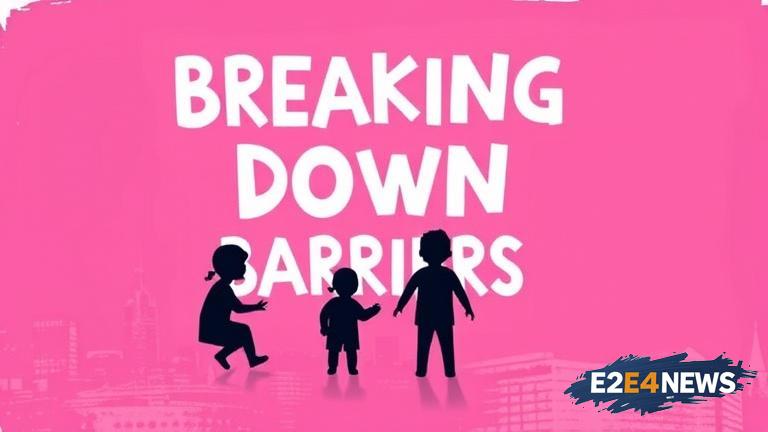Effective communication is a crucial aspect of pediatric cancer care, and nurses play a vital role in delivering sensitive information to patients and their families. A recent study emphasizes the need for communication training programs that focus on truth-telling skills, enabling nurses to convey complex information in a clear and compassionate manner. The study suggests that such training can lead to improved patient outcomes, increased patient satisfaction, and enhanced nurse-patient relationships. Pediatric cancer care is a complex and emotionally charged field, requiring nurses to possess excellent communication skills to navigate difficult conversations. Truth-telling is a critical component of this communication, as it allows patients and their families to make informed decisions about their care. However, many nurses may struggle with conveying sensitive information, particularly when dealing with young patients. The study recommends that communication training programs be integrated into nursing education and practice, providing nurses with the skills and confidence to deliver truthful and empathetic care. This training should include role-playing exercises, case studies, and feedback sessions to help nurses develop their communication skills. Additionally, the study suggests that nurses should be encouraged to reflect on their own experiences and emotions, allowing them to develop a deeper understanding of the emotional nuances involved in pediatric cancer care. By prioritizing communication training, healthcare organizations can improve the overall quality of care provided to pediatric cancer patients. Furthermore, effective communication can help to reduce anxiety and stress levels among patients and their families, leading to better health outcomes. The study’s findings are particularly relevant in the context of pediatric cancer care, where patients and their families often face significant emotional and psychological challenges. Nurses who are skilled in communication can provide emotional support and guidance, helping patients and their families to navigate the complexities of cancer treatment. The importance of cultural sensitivity in communication should also be emphasized, as nurses must be able to adapt their communication style to meet the diverse needs of patients from different backgrounds. Moreover, the study highlights the need for ongoing support and resources for nurses working in pediatric cancer care, including access to counseling services and peer support groups. By providing nurses with the tools and resources they need to communicate effectively, healthcare organizations can promote a culture of compassion and empathy in pediatric cancer care. The study’s recommendations have significant implications for nursing practice, education, and research, and highlight the need for further investigation into the impact of communication training on patient outcomes. Ultimately, the goal of communication training in pediatric cancer care should be to empower nurses to provide truthful, empathetic, and patient-centered care, leading to improved health outcomes and enhanced quality of life for patients and their families. The study’s findings are a testament to the critical role that nurses play in pediatric cancer care, and underscore the need for ongoing investment in communication training and education. As the field of pediatric cancer care continues to evolve, it is essential that nurses are equipped with the skills and knowledge they need to provide high-quality, patient-centered care. By prioritizing communication training, healthcare organizations can promote a culture of excellence in pediatric cancer care, leading to better health outcomes and improved patient satisfaction. The study’s conclusions are a call to action for healthcare organizations, nursing educators, and researchers, highlighting the need for collaborative efforts to promote effective communication in pediatric cancer care.





